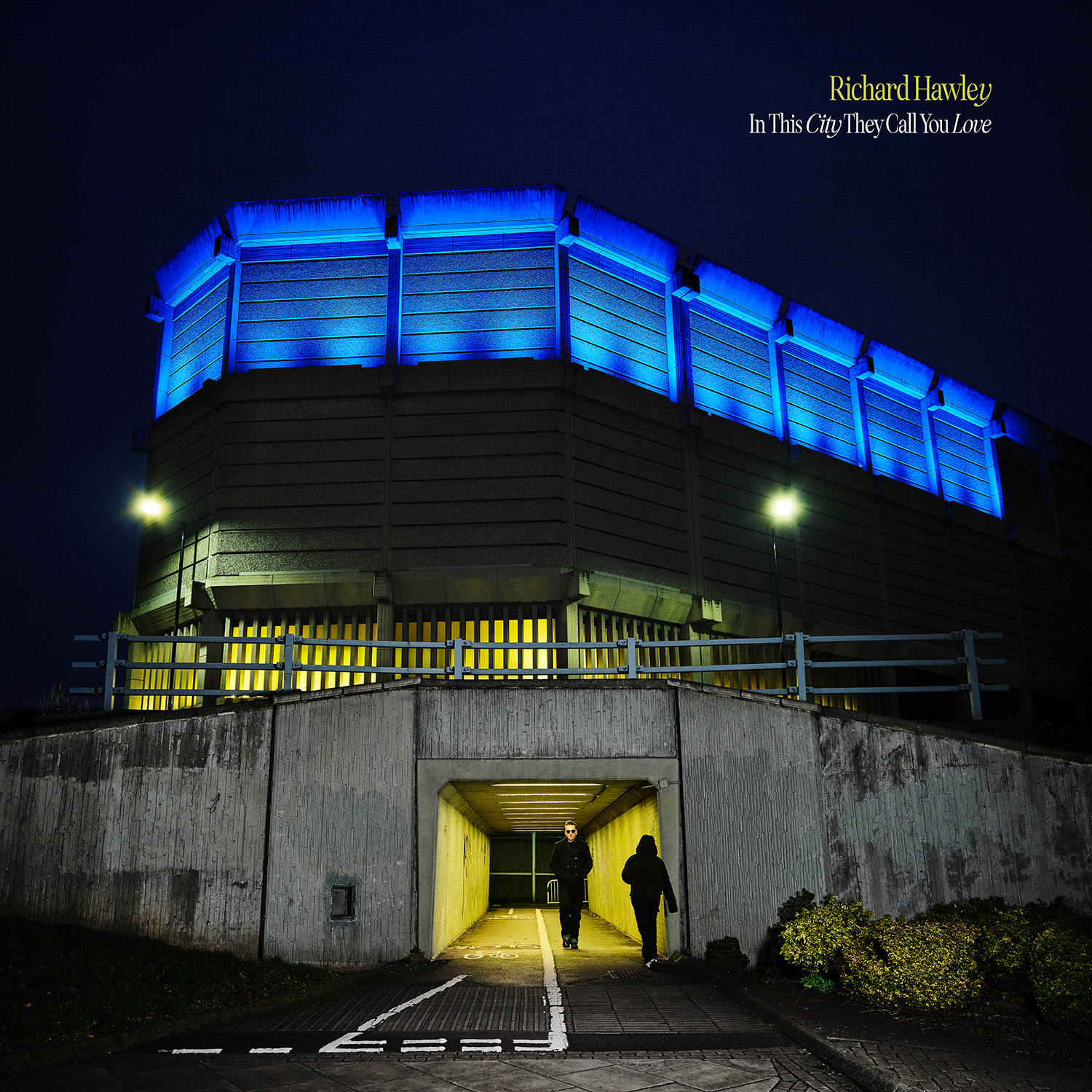Fans of the sometime Pulp guitarist who have followed his solo career in the twenty ten years or so will find a Richard Hawley they are very familiar with on his new album, his ninth, ‘In This City They Call You Love’. He lays down dollops of reverb on both his voice and his guitar, sounding at times like a lower-pitched Roy Orbison or a less twangy Duane Eddy. Hawley loves his 50s and 60s ballads and he reworks a well-worn song structure, without really adding anything modern.
We hear shades of Summertime Blues in ‘Two For His Heels’ and Blue Moon in ‘Tis Night, while tracks like ‘Hear That Lonesome Whistle Blow’, ‘Deep Space’ and ‘I’ll Never Get Over You’ stray from Americana homage into pastiche, and borrow heavily not only from 60s rockabilly melody but also from its lyrics – does the Sheffield to London train still have a whistle? And can it really be “lonesome”?
As on previous records, there are references to his hometown, Sheffield, most notably on ‘Have Love’, but otherwise the songs are mainly about love. I guess you can’t go wrong with love: lost love, unrequited love, true love, rejected love, giving love. The usual suspects. You do sometimes wonder whether an artist falls back on a very non-specific “love” as a time-honoured popular music theme when they don’t have much else to talk about.
Hawley does have a gorgeous voice, and it is often the saviour of some otherwise fairly standard standards. The stand-out track ‘When the Lights Go Out’ is a great showcase for his sonorous baritone and is a beautifully wistful melody. There’s no obligation on artists to break new ground, of course. They can refine and hone their chosen genre. Hawley certainly does this with In This City.
Words by Rich Gray










